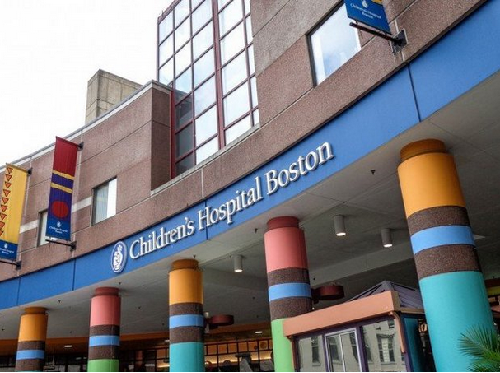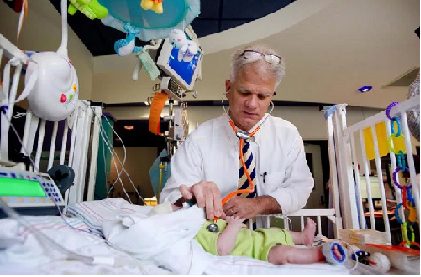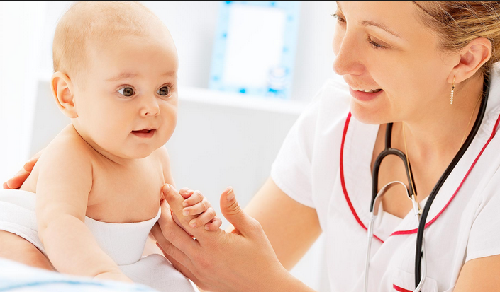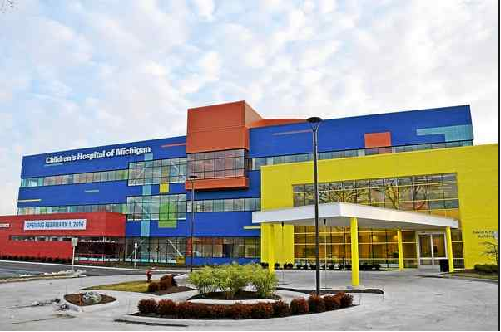The
flu vaccine
is a good idea for all families. It does not cause the flu and it helps
keep kids and parents from getting sick. Getting the flu is worse than
having a cold and can make a person sick for a week or more.
Babies younger than 6 months old can't get the vaccine, but if their
parents, other caregivers, and older kids in the household get it, that
will help protect the baby. This is important because infants are more
at risk for serious complications from the flu.
Who Should Be Immunized?
The Centers for Disease Control and Prevention (CDC) recommends a flu vaccine for everyone 6 months of age and older.
But it's especially important for those who are at greater risk of developing health problems from the flu, including:
- all kids 6 months through 4 years old (babies younger than 6 months
are also considered high risk, but they cannot receive the flu vaccine)
- anyone 65 years and older
- all women who are pregnant, are considering pregnancy, have recently given birth, or are breastfeeding during flu season
- anyone whose immune system is weakened from medications or illnesses (like HIV infection)
- residents of long-term care facilities, such as nursing homes
- anyone (adults, teens, and kids) with a chronic medical condition, such as asthma
- kids or teens who take aspirin regularly and are at risk for developing Reye syndrome if they get the flu
- caregivers or household contacts of anyone in a high-risk group
(like children younger than 5 years old, especially those younger than 6
months, and those with high-risk conditions)
- Native Americans and Alaskan Natives
Certain things might prevent a person from getting the flu vaccine.
Talk to your doctor to see if the vaccine is still recommended if your
child:
- has ever had a severe reaction to a flu vaccination
- has Guillain-Barré syndrome (a rare condition that affects the immune system and nerves)
Types of Flu Vaccine
Different types of vaccines are available. One type (called
trivalent) protects against three strains of the flu virus (usually, two types of influenza A viruses and one influenza B virus). Another type (called quadrivalent) protects against four strains.
The vaccine is given to kids by injection with a needle (the flu shot). This vaccine is safe and effective.
Some vaccines are approved only for adults at this time, such as
egg-free vaccines and intradermal shots, which are injected into the
skin (instead of muscle) with a smaller needle.
Vaccine shortages and delays sometimes happen, so check with your
doctor about availability and to see which vaccine is right for your
kids.
The nasal spray version of the flu vaccine is
no longer recommended
by the US Centers for Disease Control (CDC), for kids or adults. The
nasal vaccine did not prevent people from getting the flu between 2013
and 2016. Researchers aren't sure why recent versions of the vaccine no
longer work well, but at this time, doctors can no longer recommend the
nasal spray version.
Egg Allergy and Flu Vaccine
In the past, it was recommended that anyone with an egg allergy talk
to a doctor about whether receiving the flu vaccine was safe because it
is grown inside eggs. But health experts now say that the amount of egg
allergen in the vaccine is so tiny that it is safe even for kids with a
severe egg allergy. This is especially important during a severe flu
season.
Still, a child with an egg allergy should get the flu shot in a
doctor's office, not at a supermarket, drugstore, or other venue. And if
the allergy is severe, it might need to be given in an allergist's
office.
If your child is sick and has a fever, talk to your doctor about rescheduling the flu shot.
When Should Kids Get Vaccinated?
Flu season runs from October to May. It's best to get a flu shot as
early in the season as possible, as it gives the body a chance to build
up immunity to (protection from) the flu. But
getting a shot later in the season is still better than not getting the vaccine at all.
























